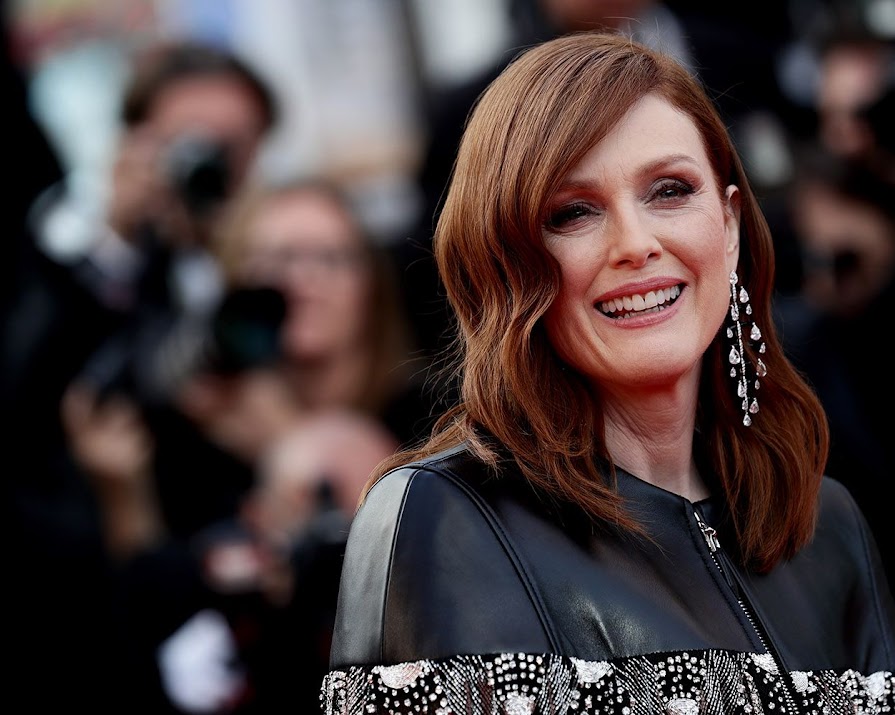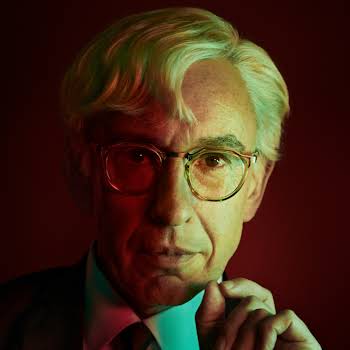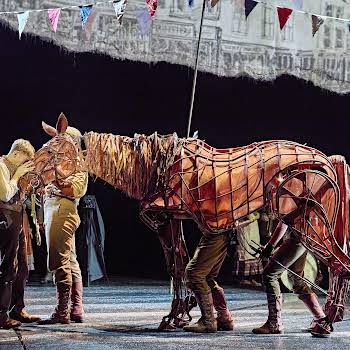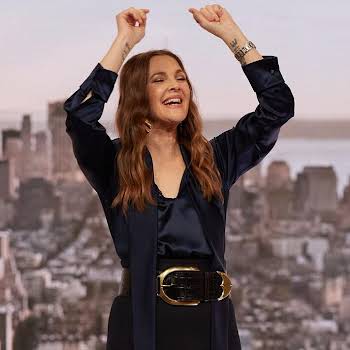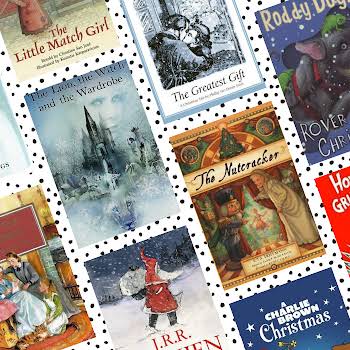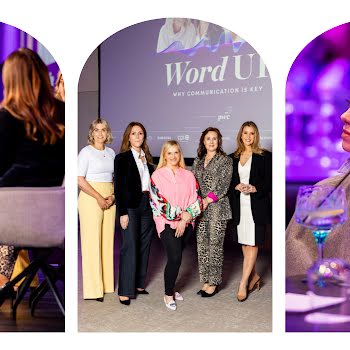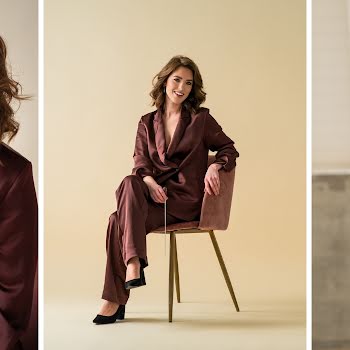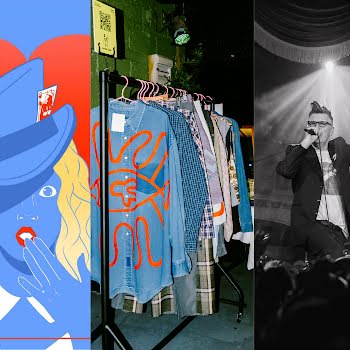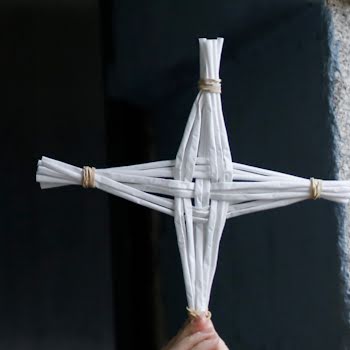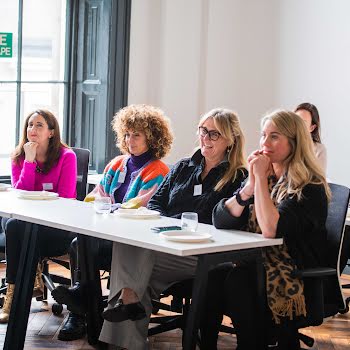
By Jennifer McShane
05th Jul 2021
05th Jul 2021
Actress Julianne Moore is tired of all the cliched tropes about female ageing. The way we speak about it; the words we use are key if we're ever to see the narrative change. She's absolutely right, says Jennifer McShane
To age is a beautiful thing. As you age, you change; you transform and flourish. You are still you, but a different you. You have grown wiser. Laughed more, lived more, cried more. Many of us speak of youth with faint nostalgia but who really wants to turn back the clock and be 18 again? Not a woman I know.
And yet the media perception of ageing is vastly different when it comes to being a woman. It’s changing now, granted, it isn’t as it always was – we’re growing tired of a filter and want to see the real beauty underneath.
The words of Madonna sum it up when she declared: “To age is a sin.”
Advertisement
That premise is everywhere: from politics to fashion, film, and newspapers, there’s no greater crime a woman can commit than not being eternally young. Ageing is still considered very much a dirty word – particularly if you’re in the public eye.
The ripple effect has long been apparent; Remember when Maggie Gyllenhaal was pronounced far too old (at 37) to play the partner of a man over 50? Whereas the men in the industry are openly praised for getting a new lease of life (and usually a career revival); salt n’ pepper George Clooney, Matt Damon and even Ben Affleck have never been in greater demand.
A phrase that needs to go
Julianne Moore is one woman in Hollywood who wants to scrap the stereotype when it comes to talking of women and getting older – starting with the words we use. In a new interview for As If magazine, she has hit out against the term “aging gracefully” as it applies to women.
It is, she says, a horrible phrase she longs to get rid of.
She called the term “totally sexist,” adding, “There’s so much judgment inherent in the term ‘aging gracefully,’” she said. “Is there an ungraceful way to age? We don’t have an option of course. No one has an option about aging, so it’s not a positive or a negative thing, it just is.”
“Ageing part of the human condition, so why are we always talking about it as if it is something that we have control over?”
The Still Alice star explained it was problematic given how inner growth is only spoken of when you are young.
We are given a narrative as children that we keep growing through school, maybe go to college then, after school is finished, the idea of growth is done.”
Advertisement
She also previously we need to change how we see ourselves in relation to the words we use. “Invisibility” is one such word that tends to be in the same sentence as the gender gap, but Moore added even this sort of thinking is harmful.
“Invisible to whom? If you think of yourselves as an object in any kind of situation, then it’s going to be important for you to be visible to that person if you’re being objectified. If you’re a subject, then you’re never going to be invisible because you’re going to be acting on the world.”
“In literature and in movies, when people try to stop the [ageing] process, it always ends in disaster,” she said, previously. “I think it’s really important to be where you are.”
“The older I get, I find, the more I prepare,” she added. “I thought when I was younger that I was prepared. But, it just pales in comparison to the amount I do now. Maybe being young, you think, ‘Well, I know how to do this!’ and the older you get, the more you realise that you don’t know anything.”
“It seems so silly to talk about it as something negative when it is a privilege to continue to age,” she told The Sunday Times earlier this year.
She speaks so much sense, and never more beautiful at 60, we’ll have all of what Julianne Moore is having.
Advertisement











